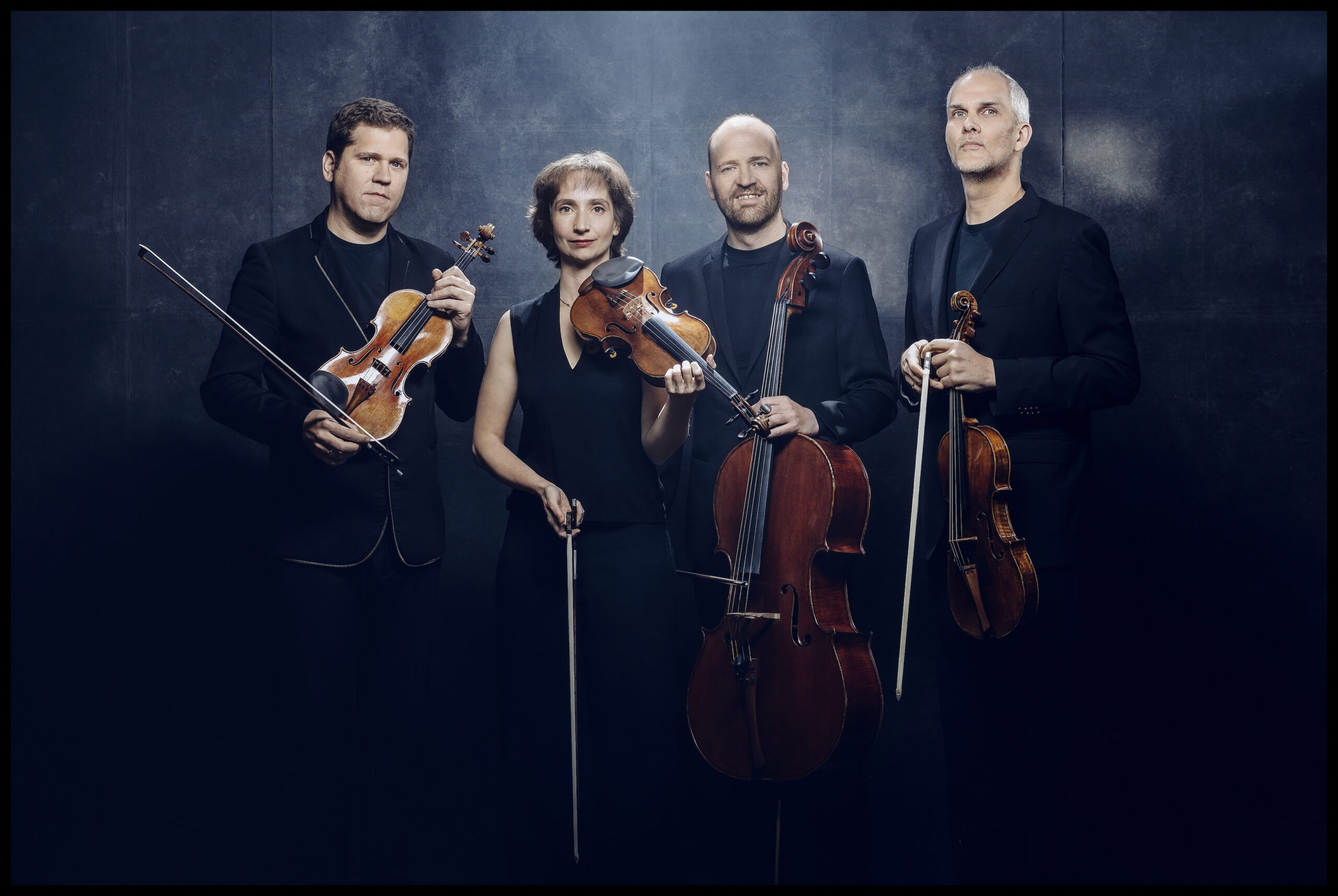Programme
WOLFGANG AMADEUS MOZART: Quartet de corda n. 15 en re m, KV 421 (1783) 27′
FRANZ SCHUBERT: Quintet de corda en Do, D 956, op. posth. 163 (1828) 48′
Two months before he died, Schubert wrote to his publisher to offer him piano sonatas, the Swan Song song cycle and a string quintet. Probst's response was to claim more songs and completely ignore the extraordinary String Quintet, the Viennese composer's last chamber work—and the only one for this instrumental line-up. Schubert adds to the classical quartet a second cello, instead of a second viola, a resource that Luigi Boccherini had also used. The emotional and dramatic intensity contrasts with the brilliance of the general key of C major, which has been attributed to a gesture of homage to the admired Mozart and Beethoven, authors of string quintets in the same key.
Mozart, in turn, musically revered and personally appreciated the great Joseph Haydn, who at the end of the 18th century was the most famous composer in a Europe seething in the throes of the industrial revolution. The six "Russian Quartets", op. 33, by Haydn, made a deep impression on a Mozart busy with children and piano recitals, who took on the challenge of composing six quartets as a musical response of admiration and tribute to his friend and teacher. The Quartet n. 15 is the second and the only one in a minor key.

